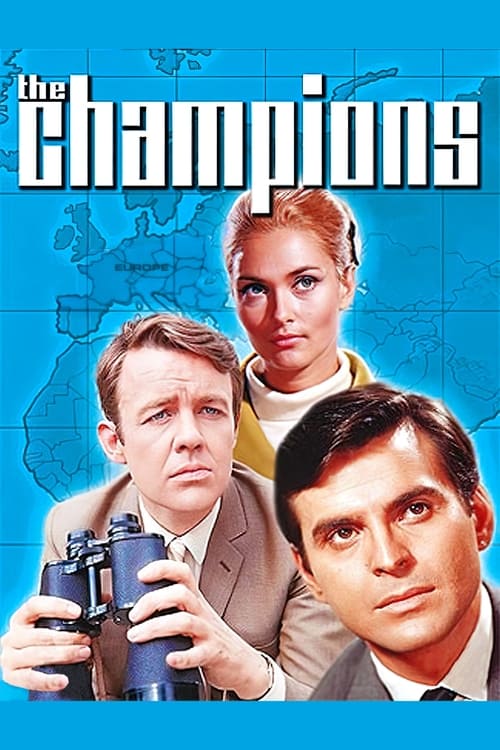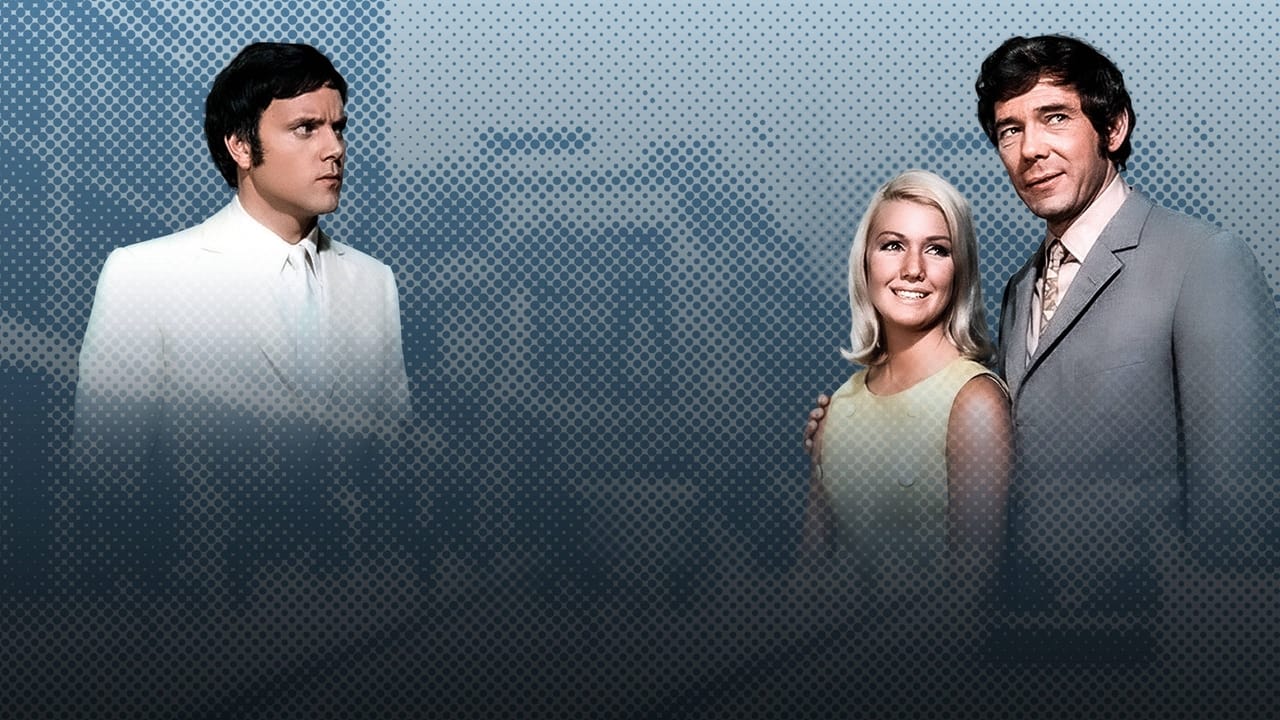

ITV1
Featured Show:
Randall and Hopkirk (Deceased)
Randall and Hopkirk (Deceased) is a British private detective television series. In the initial episode Hopkirk is murdered during an investigation, but returns as a ghost. Randall is the only main character able to see or hear him, although certain minor characters are also able to do so in various circumstances throughout the series.
ITV1 TV Shows
2025 shows • Page 83 of 102
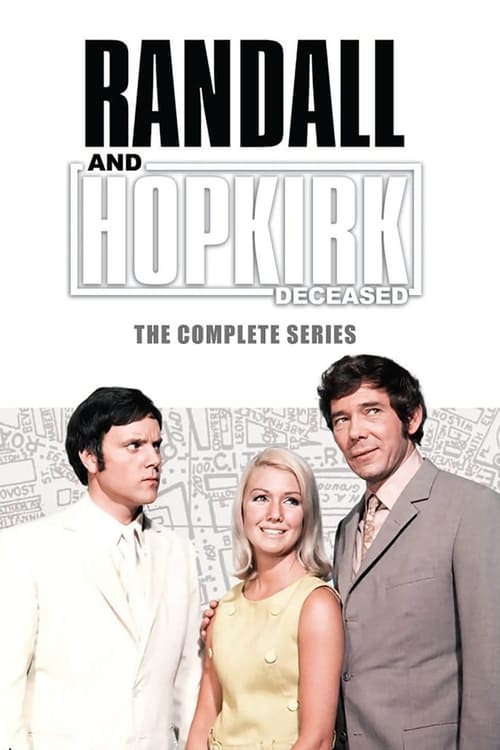
Randall and Hopkirk (Deceased)
Randall and Hopkirk (Deceased) is a British private detective television series. In the initial episode Hopkirk is murdered during an investigation, but returns as a ghost. Randall is the only main character able to see or hear him, although certain minor characters are also able to do so in various circumstances throughout the series.
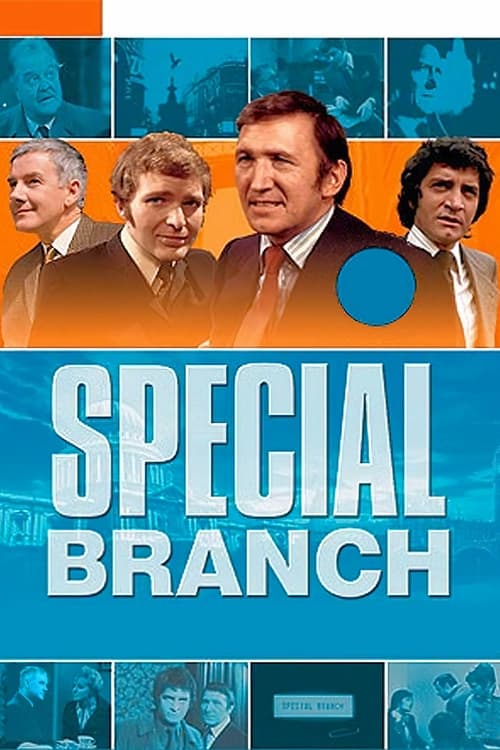
Special Branch
Special Branch is a British police drama centred on members of the Special Branch anti-espionage and anti-terrorist department of the London Metropolitan Police.
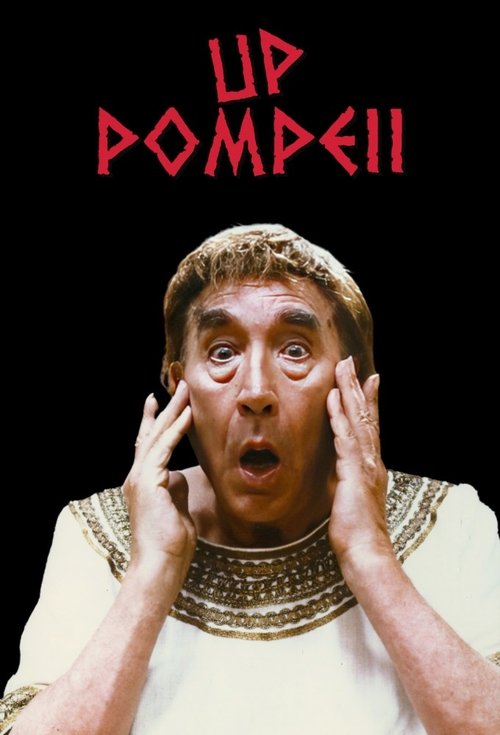
Up Pompeii!
Up Pompeii! is a British television comedy series broadcast between 1969 and 1970, starring Frankie Howerd. The first series was written by Talbot Rothwell, a scriptwriter for the Carry On films, and the second series by Rothwell and Sid Colin. Two further specials were transmitted in 1975 and 1991. In ancient Pompeii, much-put-upon slave Lurcio navigates the chaotic lives of his owner's family
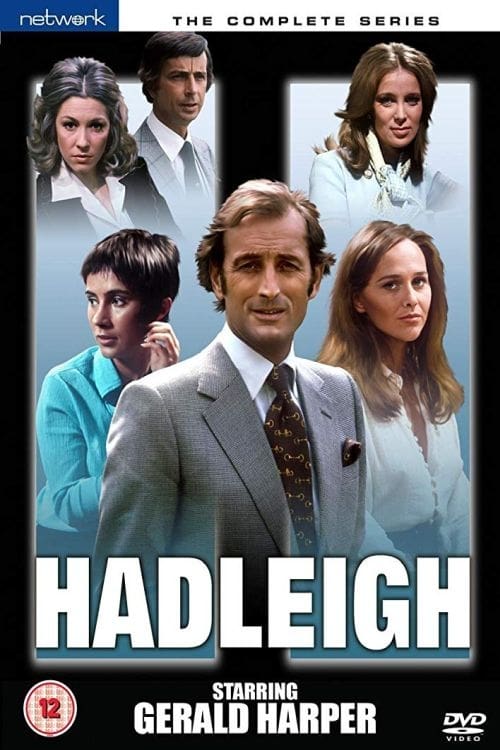
Hadleigh
Hadleigh was a British television series made by Yorkshire Television which originally ran from 1969 to 1976. Developed by Robert Barr, it was a sequel to the writer's earlier Gazette for the same company. The theme music was composed by Alan Moorhouse and, from series 3, Tony Hatch. James Hadleigh played by Gerald Harper, was "the perfect squire, paternalistically careful of his tenantry's welfare, beloved in the village, respected in the council." A "knight in a shining white Aston Martin V8, he sets about correcting local injustices." His wife, from a lower-class background, was played by Hilary Dwyer. The series attracted around 17 million viewers at its peak.

Dear Mother... ...Love Albert
A British sitcom created by and starring Rodney Bewes, Bewes co-wrote and produced the series with Derrick Goodwin. The show proved popular and regularly made the TV ratings top ten throughout its three year run. There were 26 episodes, including the three Christmas specials, all three broadcast as part of All Star Comedy Carnival. The fourth and final series was broadcast as a sequel entitled Albert!, which ran for a further series of seven episodes. Series 1 was produced by Thames Television, while the subsequent series 2-4 were produced by Yorkshire Television.
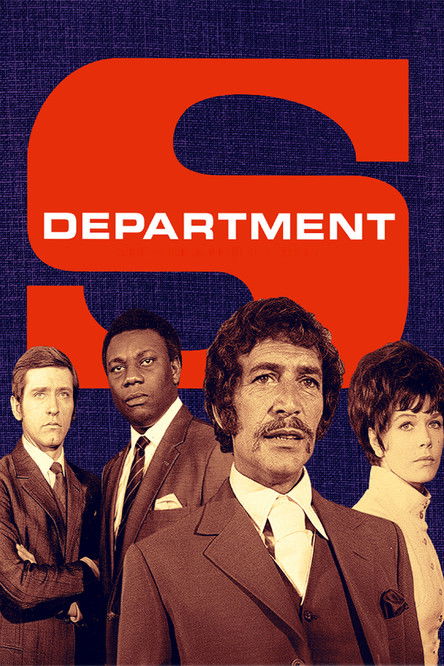
Department S
Department S is a United Kingdom spy-fi adventure series produced by ITC Entertainment. The series consists of 28 episodes which originally aired in 1969–1970. It starred Peter Wyngarde as author Jason King, Joel Fabiani as Stewart Sullivan, and Rosemary Nicols as computer expert Annabelle Hurst. The trio were agents for a fictional special department of Interpol. The head of Department S was Sir Curtis Seretse.
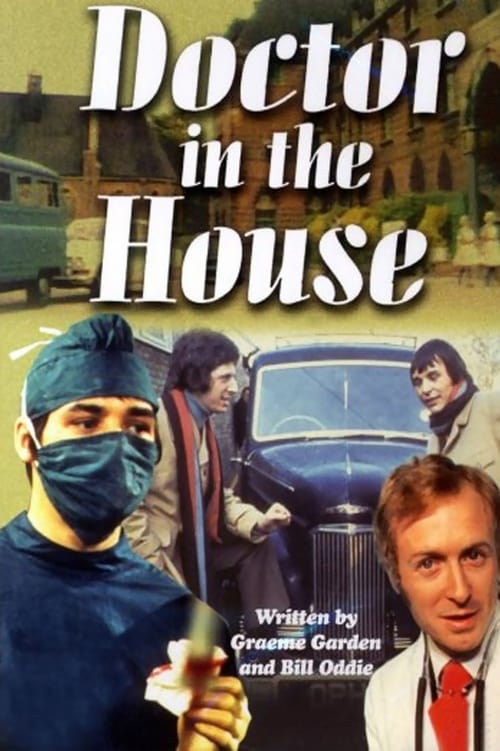
Doctor in the House
The misadventures of a group of medical students.
 0
0The Incredible Adventures of Professor Branestawm
Eccentric and absent-minded inventor Professor Branestawm's often-disastrous inventions lead him into comical scrapes, much to the exasperation of his housekeeper, Mrs Flittersnoop.
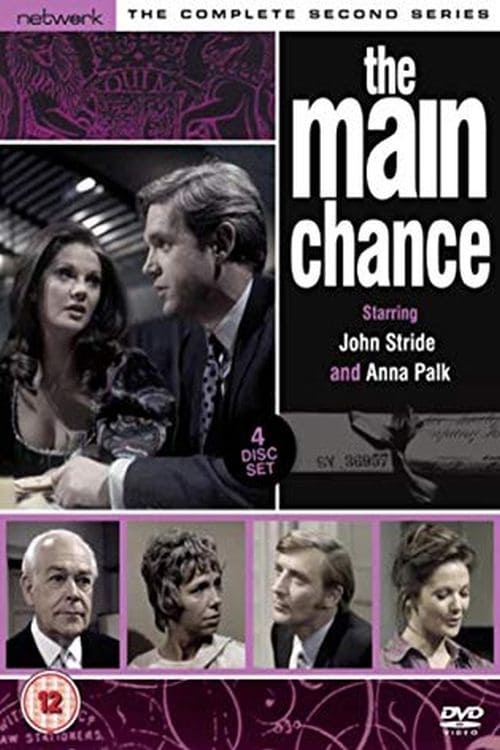
The Main Chance
The Main Chance was a British television series which first aired on ITV between 1969,1970,1972 and 1975. A drama, it depicts the sudden transformation in the life of solicitor David Main who relocates from London to Leeds.
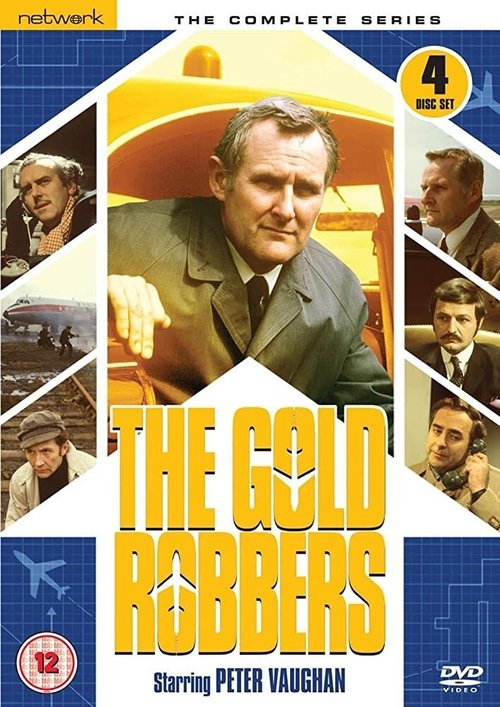
The Gold Robbers
Tough cop Detective Chief Superintendent Cradock is assigned to track down and bring to justice the criminals behind the daring theft of five and half million pounds worth of gold bullion from an airfield in the South of England.
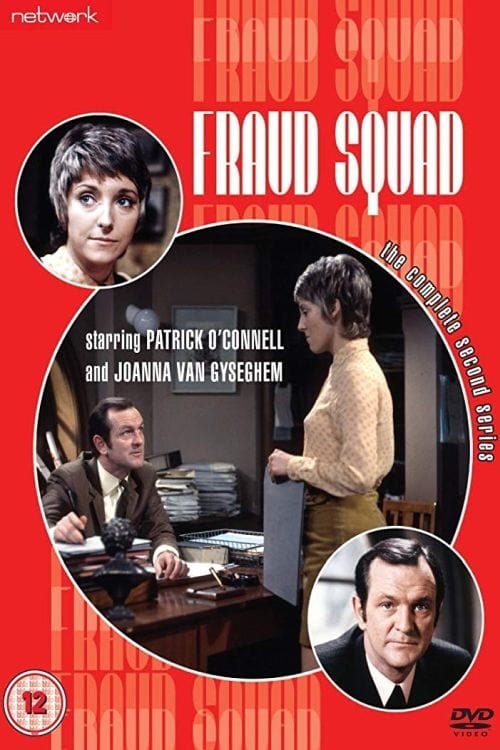
Fraud Squad
Crime drama series detailing the cases of Detective Inspector Gamble and Detective Sergeant Vicky Hicks working for the Fraud Squad in the Midlands. Gamble is very much his own man, all too often doing things his own way, much to the frustration of his boss Superintendent Proud. Gamble’s sidekick Vicky is often little more than a glorified secretary for too much of the time but as the series goes on she does more of a chance to shine.
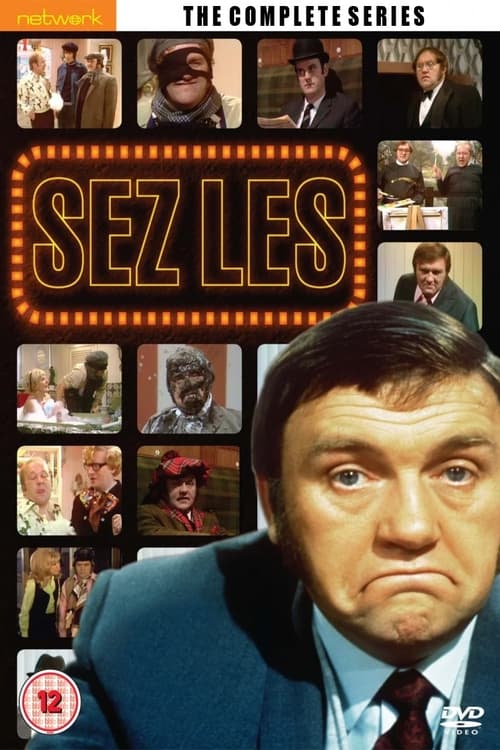
Sez Les
Sez Les was a British comedy sketch show that starred Les Dawson, produced by Yorkshire Television, airing on ITV from 1969 to 1976. Roy Barraclough also joined from series four and would go on to become Dawson's most recognisable sidekick. The two most notably appeared together in drag as characters Cissie and Ada. John Cleese, who had quit the Monty Python team's television series, was also present from 1974 in two complete seasons. Other cast members included Norman Chappell, Brian Glover, Brian Murphy and Kathy Staff. Music was provided by Syd Lawrence and his orchestra.
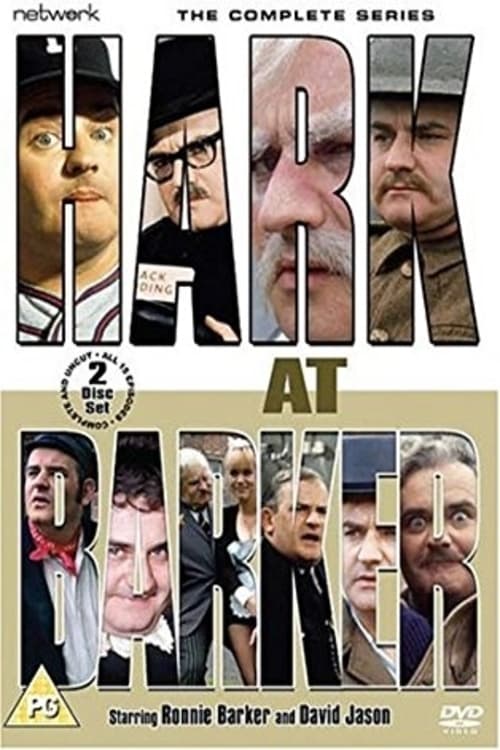
Hark at Barker
Hark at Barker was a 1969 British comedy series combining elements of sitcom and sketch show, which starred Ronnie Barker. It was made for the ITV network by LWT. Each show began with a spoof news item read by Barker as a continuity announcer. He would then introduce the main part of the programme, a lecture to be given by Lord Rustless on a different topic each week from his stately home, Chrome Hall. Helped and hindered by Rustless' secretary Bates, his Butler Badger, his bad-tempered Cook, his incoherent gardener Dithers and his buxom, near-mute maid Effie, these lectures invariably degenerated into farce, and were frequently interrupted by comic sketches on film or videotape which also starred Barker in various roles. Barker reprised the role of Lord Rustless in the BBC series His Lordship Entertains, and played very similar characters in Futtock's End and the Two Ronnies specials The Picnic and By the Sea.
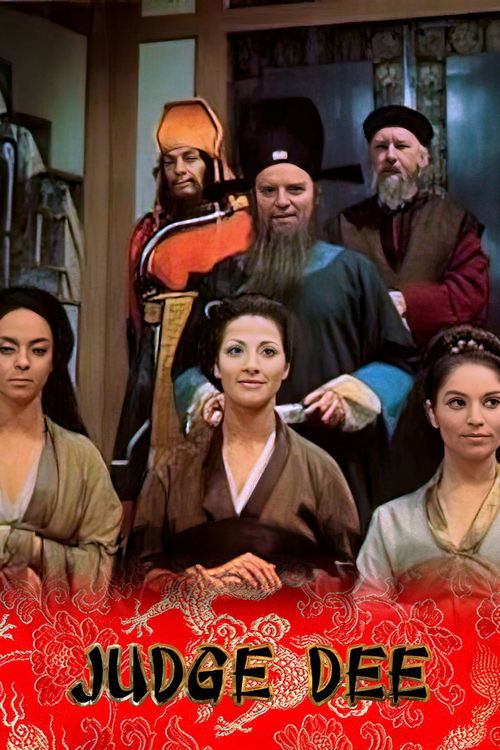
Judge Dee
 0
0Castle Haven
Castle Haven was a British soap opera, set around the residents of two Victorian seaside houses that had been converted into a series of flats and bedsits. It was first broadcast on 4 April 1969, but cancelled just under a year later on 26 March 1970 100 episodes were produced, but it is believed that only fifteen minutes of the series is still in existence; the rest were wiped after transmission, as per the (then commonplace) procedure of wiping videotape.
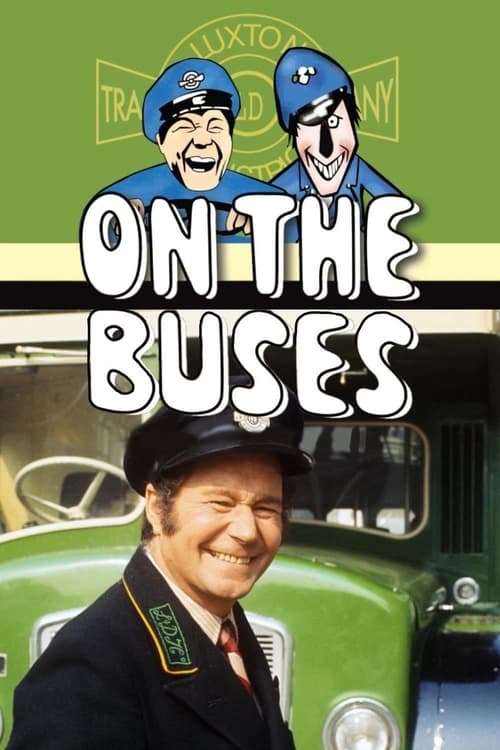
On the Buses
On the Buses is a British comedy series created by Ronald Wolfe and Ronald Chesney, broadcast in the United Kingdom from 1969 to 1973. The writers' previous successes with The Rag Trade and Meet the Wife were for the BBC, but the corporation rejected On the Buses, not seeing much comedy potential in a bus depot as a setting. The comedy partnership turned to a friend, Frank Muir, Head of Entertainment at London Weekend Television, who loved the idea; the show was accepted and despite a poor critical reception became a hit with viewers.
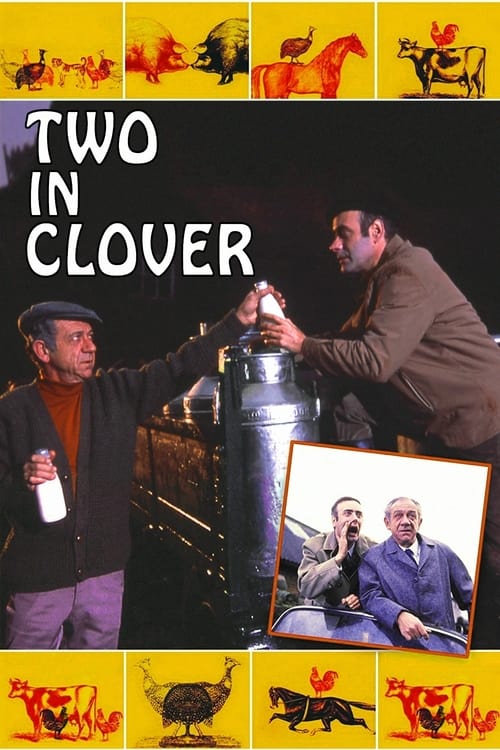
Two in Clover
Two in Clover is a British sitcom produced by Thames Television for two series from 1969 to 1970 on ITV. It starred Sid James and Victor Spinetti and was written by Vince Powell and Harry Driver, and produced and directed by Alan Tarrant. The first series was made in black and white and the second series was made in colour. Frustrated office workers Sid Turner and Vic Evans decide to leave behind their nine-to-five lifestyle for the simpler life of living in the countryside and running a farm.
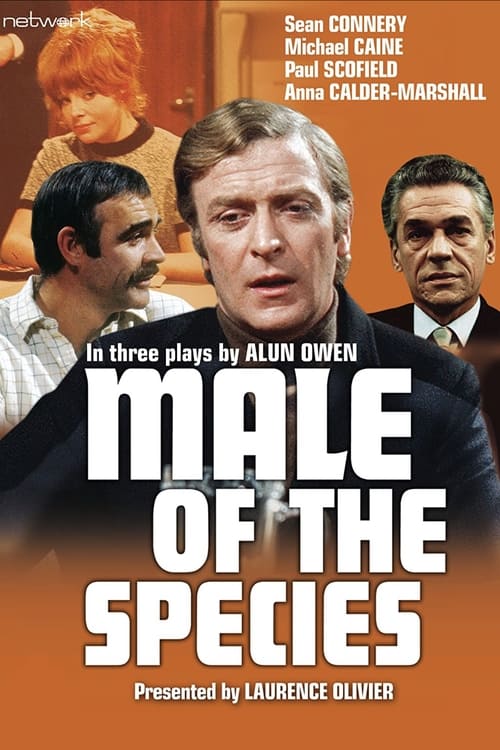
Male of the Species
Never trust a man whoever he is. This is the bitter lesson learned by Mary MacNeil in her relationships with three different men: her father, a mendacious womaniser; a smooth-talking office flirt, Cornelius; and an ageing barrister, Emlyn, who is enchanted by Mary's youthful vitality and charm. Only one of these men will win her heart in the end... Featuring rare television performances from Sean Connery, Michael Caine and Paul Scofield, this trilogy of plays forms a dramatic and controversial study in male behaviour. Differs slightly from the omnibus version that aired 3 Jan 1969 on NBC (US).
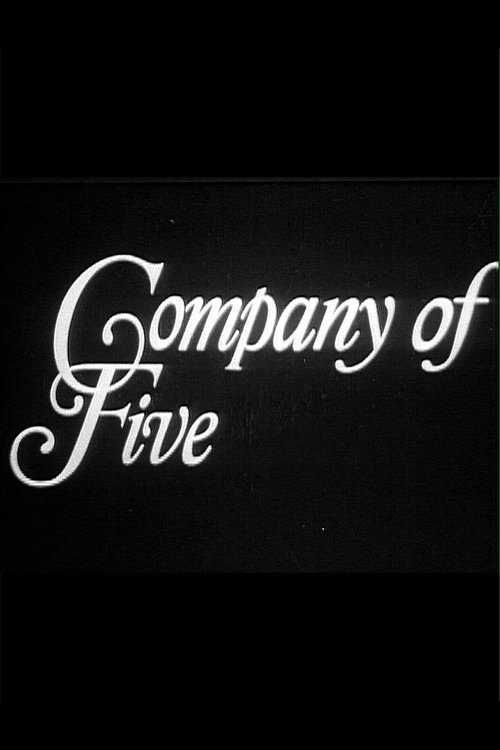
The Company of Five
